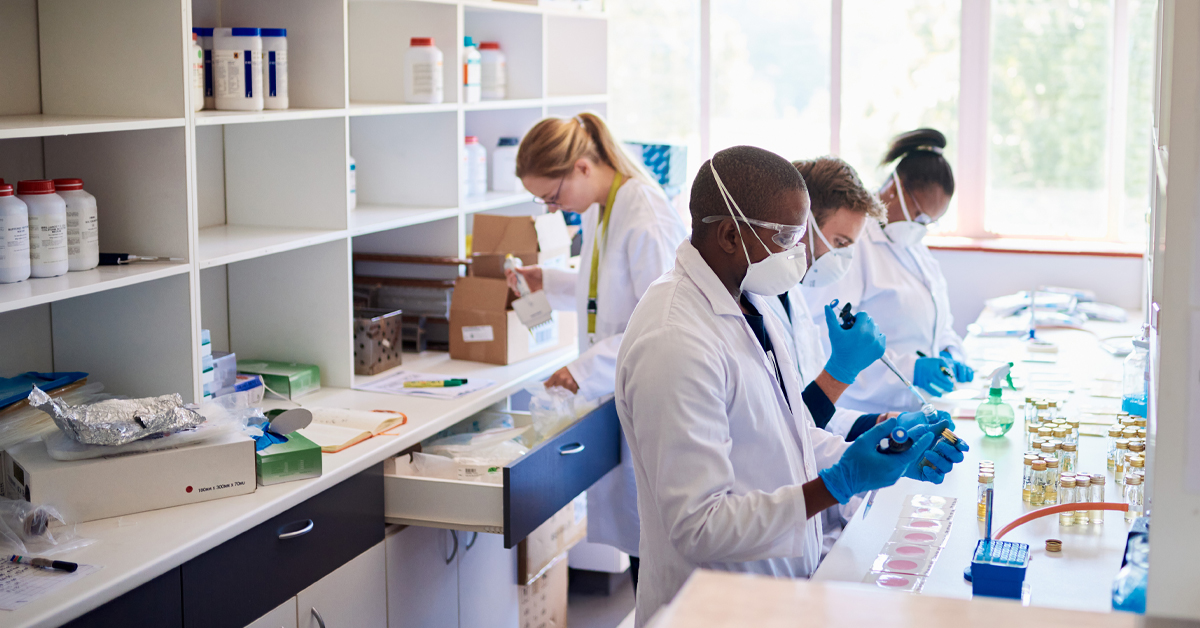
Meet the Experts: Exploring the Various Types of Pathologists
Pathologists are the medical detectives of the healthcare industry. They operate mainly behind the scenes, finding the underlying causes of disease and injury and identifying cancer. Pathologists use their medical and scientific expertise to diagnose diseases and help determine the most appropriate treatments. The discipline of pathology is diverse and complex, with many subspecialties. This article will discuss the various types of pathologists.
What is a Pathologist?
A pathologist is a medical doctor who usually works directly with other doctors. All pathologists receive additional training after their medical schooling. After training, they can become board-certified in anatomic pathology, clinical pathology, or both.
Anatomic Pathologists
Anatomic pathologists diagnose disease by examining organs, tissues, and cells. In the case of those who work in forensics, they will perform autopsies on whole bodies.
Anatomic pathologists use their understanding of disease processes to find medical conditions that other methods can’t diagnose. Their findings are often critical in determining the best course of treatment for patients.
Clinical Pathologists
Clinical Pathologists specialize in analyzing bodily fluids such as blood and urine. They use their findings to diagnose and manage a wide variety of diseases and conditions. Their work often aids in monitoring chronic conditions like diabetes or heart disease and identifying infections or blood disorders.
Dermatopathologists
Dermatopathologists specialize in diagnosing skin diseases at the microscopic level. They interpret biopsy results of skin samples, assisting dermatologists and other physicians in identifying and managing skin conditions ranging from dermatitis to melanoma.
Gastrointestinal and Liver Pathologists
These pathologists specialize in diseases of the digestive tract and liver. Gastrointestinal pathologists focus on disorders like Crohn’s disease and colon cancer. In contrast, liver pathologists diagnose conditions such as hepatitis and liver cirrhosis. Both experts work closely with gastroenterologists and hepatologists in managing digestive disorders.
Cytopathologists and Fine Needle Aspiration Experts
Cytopathologists examine cells from tissues to diagnose diseases, especially cancer. Fine Needle Aspiration (FNA) experts, a subspecialty of cytopathology, use a thin, hollow needle to extract cells from masses or lumps for microscopic examination, providing a less invasive alternative to surgical biopsies.
Breast Pathologists
Breast Pathologists specialize in diagnosing breast diseases, including benign conditions and cancers. They play an integral role in diagnosing, treating, and managing breast conditions by analyzing biopsy samples.
Pediatric Pathologists
Pediatric pathologists are experts in diagnosing diseases that primarily affect infants, children, and adolescents. Their specialized knowledge enables them to understand the unique differences between younger patients and adults, facilitating accurate diagnosis and treatment.
Hematopathologists
Hematopathologists focus on diseases of the blood and blood-forming tissues, including conditions like leukemia and lymphoma. They interpret tests related to blood cells and clotting capabilities, supporting the diagnosis and management of blood disorders.
Head and Neck Pathologists
These experts specialize in diagnosing head and neck diseases, particularly in structures like the
thyroid, parathyroid, salivary glands, sinuses, and larynx. They work closely with otolaryngologists (ENTs) to manage thyroid cancer and salivary gland disorders.
Urologic Pathologists
Urologic pathologists focus on urinary tract diseases in both males and females and the male reproductive system. They play an essential role in diagnosing conditions like kidney disease, bladder cancer, and prostate cancer.
Gynecologic Pathologists
Gynecologic pathologists specialize in diagnosing diseases of the female reproductive system. They work closely with gynecologists to manage conditions such as cervical cancer, endometriosis, and ovarian tumors.
Ophthalmologic Pathologists
Also known as ocular pathologists, these specialists diagnose eye diseases through microscopic examination of tissue samples. They support ophthalmologists in managing conditions such as eye infections, glaucoma, and ocular tumors.
Pathologists As Partners
All physicians, and by extension, their patients, should have a trusted pathologist on their team. Pathologists may not always work directly with patients but they are vital healthcare partners. They provide information about a patient’s underlying conditions that make all the difference in treatment and prognosis.
Learn more about our expert pathology services — Contact us today!
